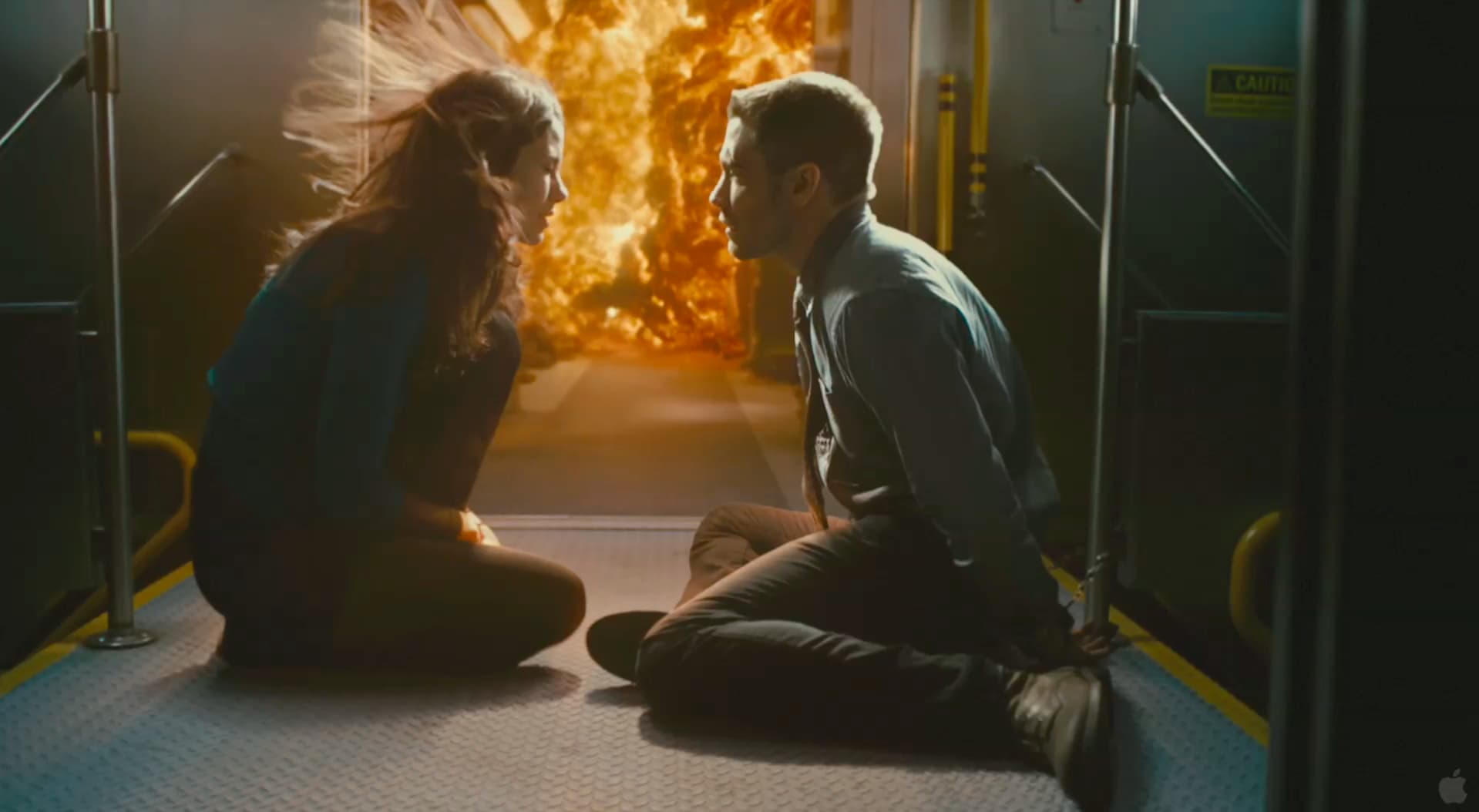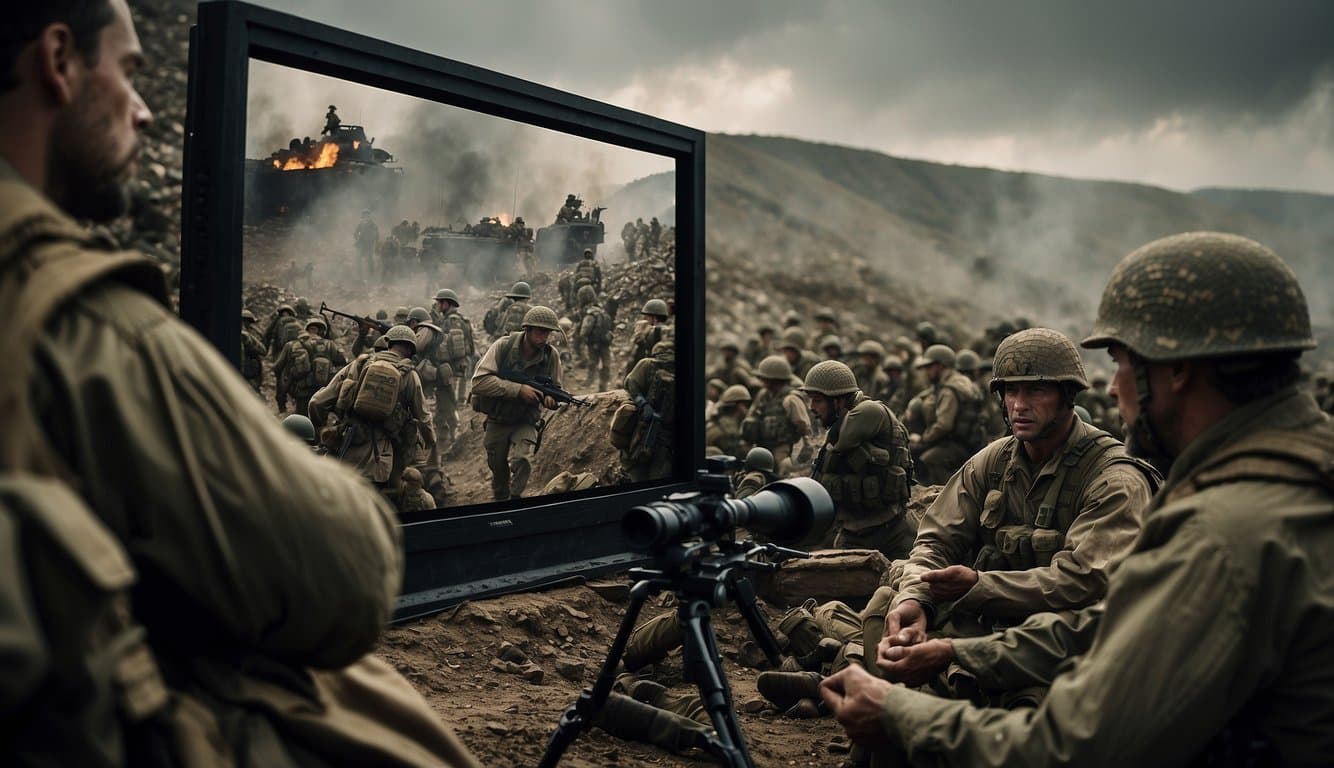War is a theme that consistently captures attention in cinema. Battles, heroism, dramatic moments, and human tragedies are all reflected on the screen, leaving a profound mark on viewers. But why do some war films have a destructive impact on the viewer, leaving long-lasting psychological scars, while others — on the contrary — inspire and motivate to take better actions? The psychology of how these films are perceived, their impact on emotions, and their influence on the perception of reality is an important topic that deserves detailed consideration.
How War on Screen Affects the Viewer’s Psyche
When we watch war films, we are not just observing the actions of the characters but also immersing ourselves in the complex emotions of the characters, their fears, pain, and despair. This immersion can have different effects on each viewer. In psychology, there is the concept of “emotional immersion,” where a person literally “becomes” part of the events unfolding on screen. This feeling of involvement can either be a source of powerful catharsis or lead to deep stress and anxiety.
One factor that determines the perception of a film is its level of realism. When the depiction of war on screen seems too real and brutal, the viewer may experience strong emotions that they might never face in everyday life. Harsh scenes of violence, destruction, fear, and death often become a source of psycho-emotional tension. Films like “Saving Private Ryan” or “Schindler’s List” showcased the brutality of war with striking authenticity, leaving an indelible mark on the viewer’s memory.
However, it is important to remember that the effect a film has can depend not only on its content but also on the viewer’s perception. People with different life experiences, backgrounds, and emotional states may react differently to the same films. For some viewers, scenes of violence may become a source of strong stress, while others may see them as part of an artistic expression or historical story.
Why Do Some Films Inspire While Others Traumatize?
The impact of war films on viewers largely depends on how the characters, their inner struggles, and actions are depicted in the film. In some movies, war is portrayed as a personal tragedy for the heroes, who are stripped of choice and find themselves in a hopeless situation. This approach can be traumatic, especially if the film emphasizes suffering, the senselessness of violence, and human helplessness in the face of war. Films like “Platoon” by Oliver Stone or “Full Metal Jacket” by Stanley Kubrick highlight the horrors of war through the lens of soldiers who lose their humanity on the battlefield.
Other films may seem more inspiring if they show heroism and the fight for noble ideals, even amid harsh conditions. These films often reveal the strength of the human spirit, the ability to survive, and to preserve honor and conscience. This can be a powerful source of motivation for the viewer, giving them hope and inspiration. A good example of this approach is Christopher Nolan’s “Dunkirk,” in which the battle and survival are portrayed as symbols of resilience, mutual support, and courage.
The Role of Context and Cultural Differences
It is also important to note that the perception of war films can vary greatly depending on cultural and historical context. For viewers from countries that have experienced war or occupation, the theme of war on screen can be especially painful. For example, for people in the Czech Republic, who experienced the tragic events of World War II, films like “The Iron Cross” may be seen as an attempt to understand personal tragedies, but they may also reopen old wounds.
At the same time, for viewers who do not have personal experience of war but are interested in military history, films can serve as a way to gain a deeper understanding of this terrifying reality, fostering not only empathy but also respect for heroism. This is important for shaping cultural memory and the moral lessons that need to be passed down to future generations.
Films as a Tool for Psycho-Emotional Impact
Many directors and screenwriters are aware of the psychological impact films have on the viewer and use special cinematic techniques to evoke the desired reaction. These can include close-up shots, which allow the viewer to see the emotions of the characters, dramatic music that enhances the emotional experience, and visual techniques such as slow motion, which highlight the importance of a particular moment.
However, not every war film aims for maximum emotional intensity. Some films, like “Army of Darkness” or “Gladiator,” mix elements of combat scenes with an epic and inspiring story where victory is not only a physical struggle but also a symbolic triumph of ideals. This allows the viewer to leave the cinema with a sense of strength and readiness to overcome any challenges, rather than with a feeling of hopelessness and fear.
Conclusion
The psychology of war film perception is a complex process in which not only cinematic techniques but also the personal experiences of viewers play a key role. Some films can traumatize by immersing viewers in the dark and painful aspects of human nature, while others inspire and strengthen the spirit, showing that even in the most difficult circumstances, victory is possible. It is important to remember that each war film is not just a recounting of past events but also a profound exploration of human emotions, which can affect us in different ways depending on how we perceive these stories.



